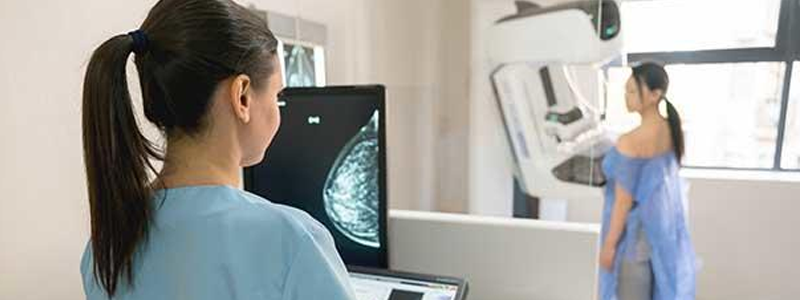

Monday To Saturday-
Morning- 10.30 am To 01:00 pm |
Evening- 6.30 pm to 09:00 pm
call us
+91 9869719413

Cancer screening aims to detect cancer before symptoms appear. This may involve blood tests, urine tests, DNA tests, other tests, or medical imaging. The benefits of screening in terms of cancer prevention, early detection and subsequent treatment must be weighed against any harms
Universal screening, also known as mass screening or population screening, involves screening everyone, usually within a specific age group. Selective screening identifies people who are known to be at higher risk of developing cancer, such as people with a family history of cancer.
Screening can lead to false positive results and subsequent invasive procedures. Screening can also lead to false negative results, where an existing cancer is missed. Controversy arises when it is not clear if the benefits of screening outweigh the risks of the screening procedure itself, and any follow-up diagnostic tests and treatments
Screening tests must be effective, safe, well tolerated with acceptably low rates of false positive and false negative results. If signs of cancer are detected, more definitive and invasive follow-up tests are performed to reach a diagnosis. Screening for cancer can lead to cancer prevention and earlier diagnosis. Early diagnosis may lead to higher rates of successful treatment and extended life.
Screening mammography has been shown to reduce deaths from breast cancer among women ages 40 to 74, especially those ages 50 to 69.Sometimes your doctor may suggest sonography of breasts as a part of screening
Human papillomavirus (HPV) tests and Pap tests are recommended cervical cancer screening tests that can be used alone or in combination. These tests prevent the disease because they allow abnormal cells to be found and treated before they become cancer.
Expert groups generally recommend that testing begin at age 21 and end at age 65 (for women who have had adequate prior screening and are not otherwise at high risk for cervical cancer).
A well woman screening is an exam offered to women to review elements of their reproductive health and other areas. It is preventive health screening that is designed to address specific health needs of women, it also identifies any early signs of any illness or other potential health risk factors.